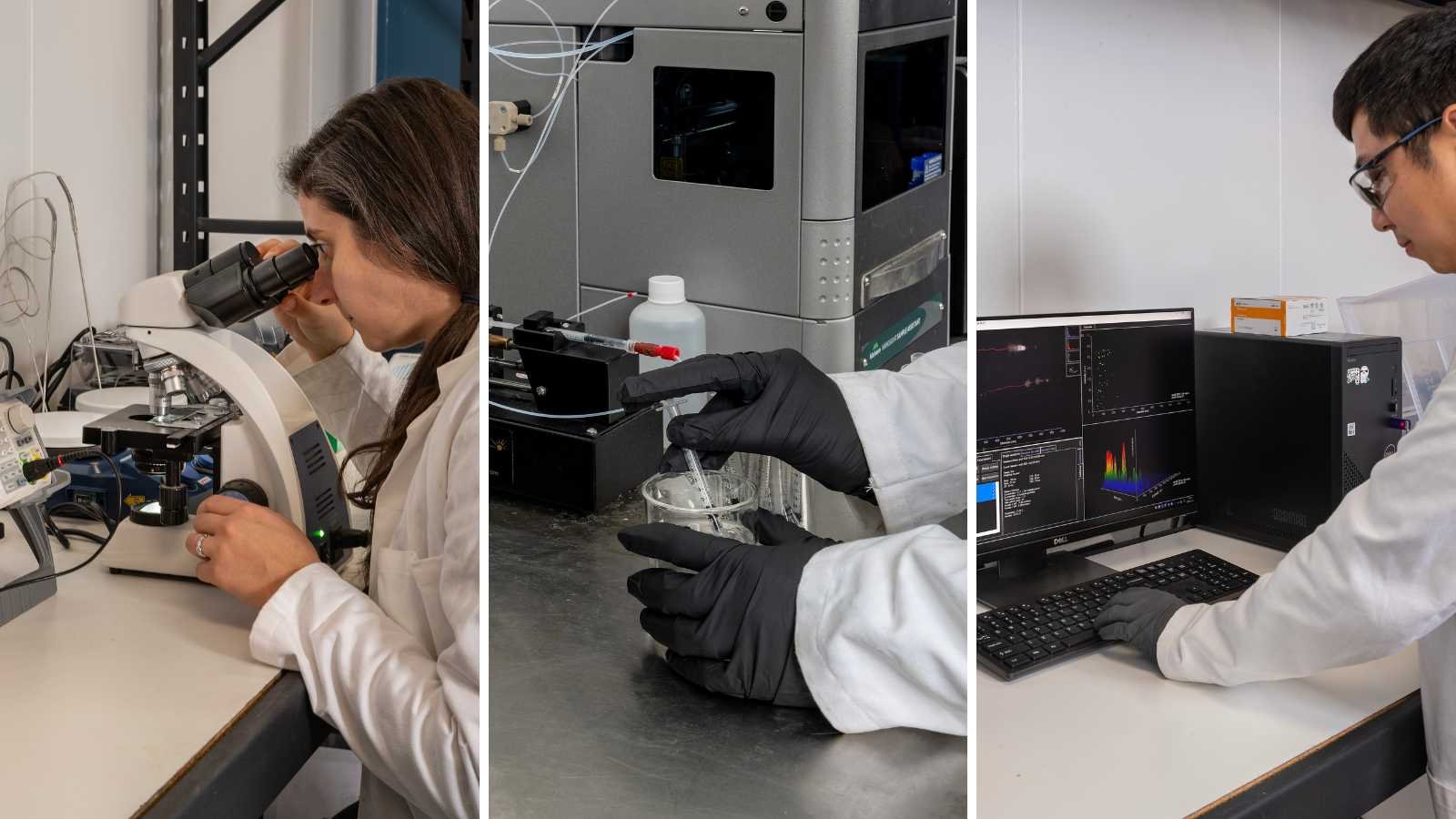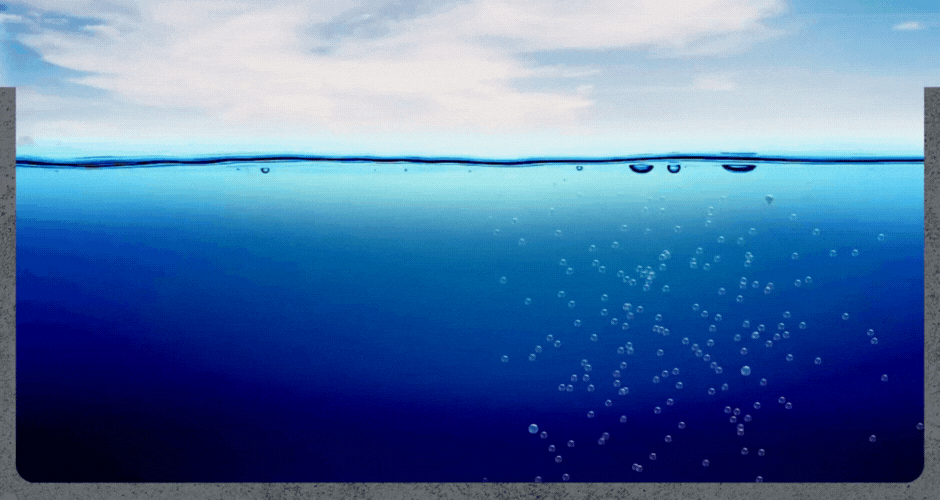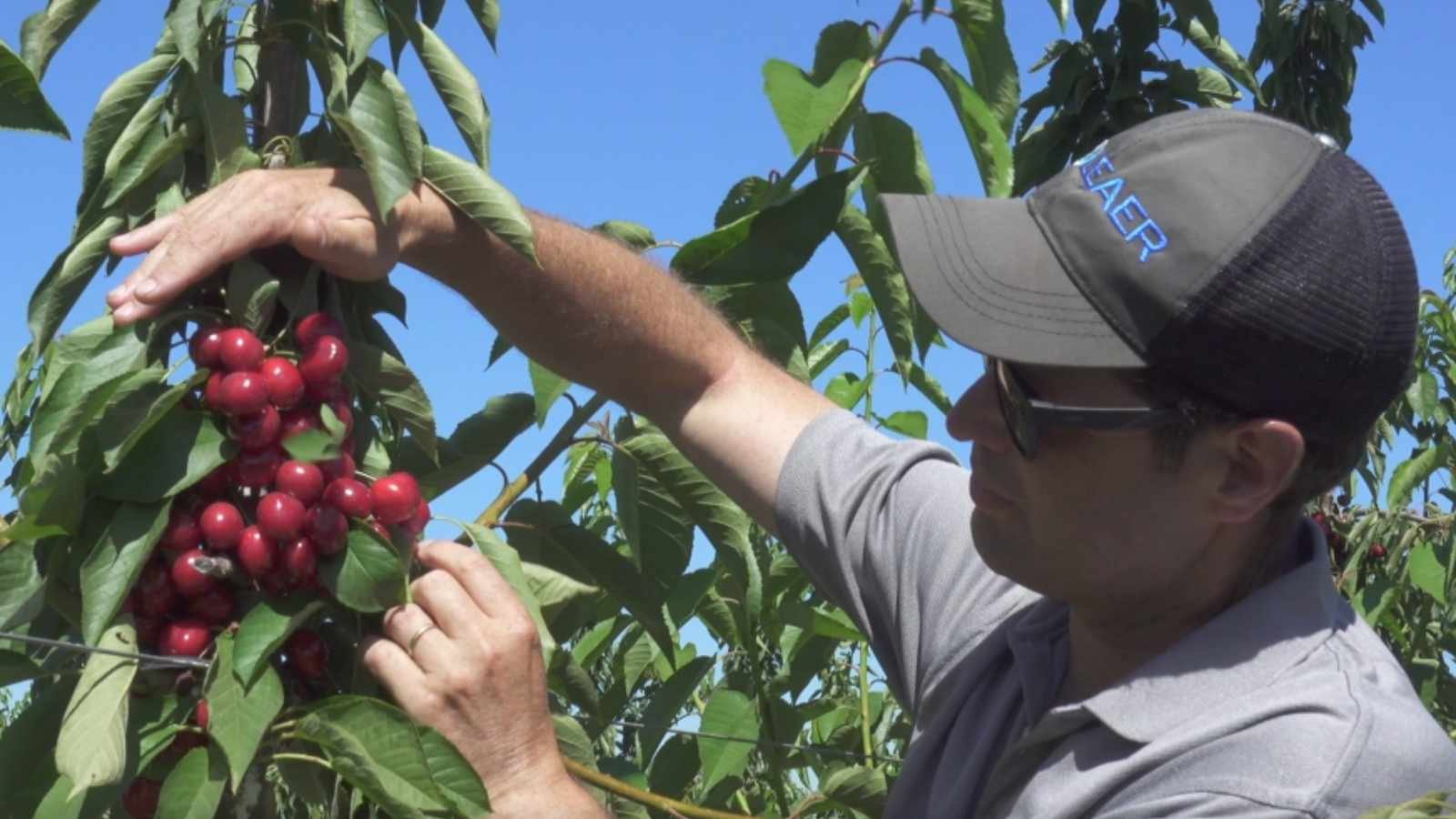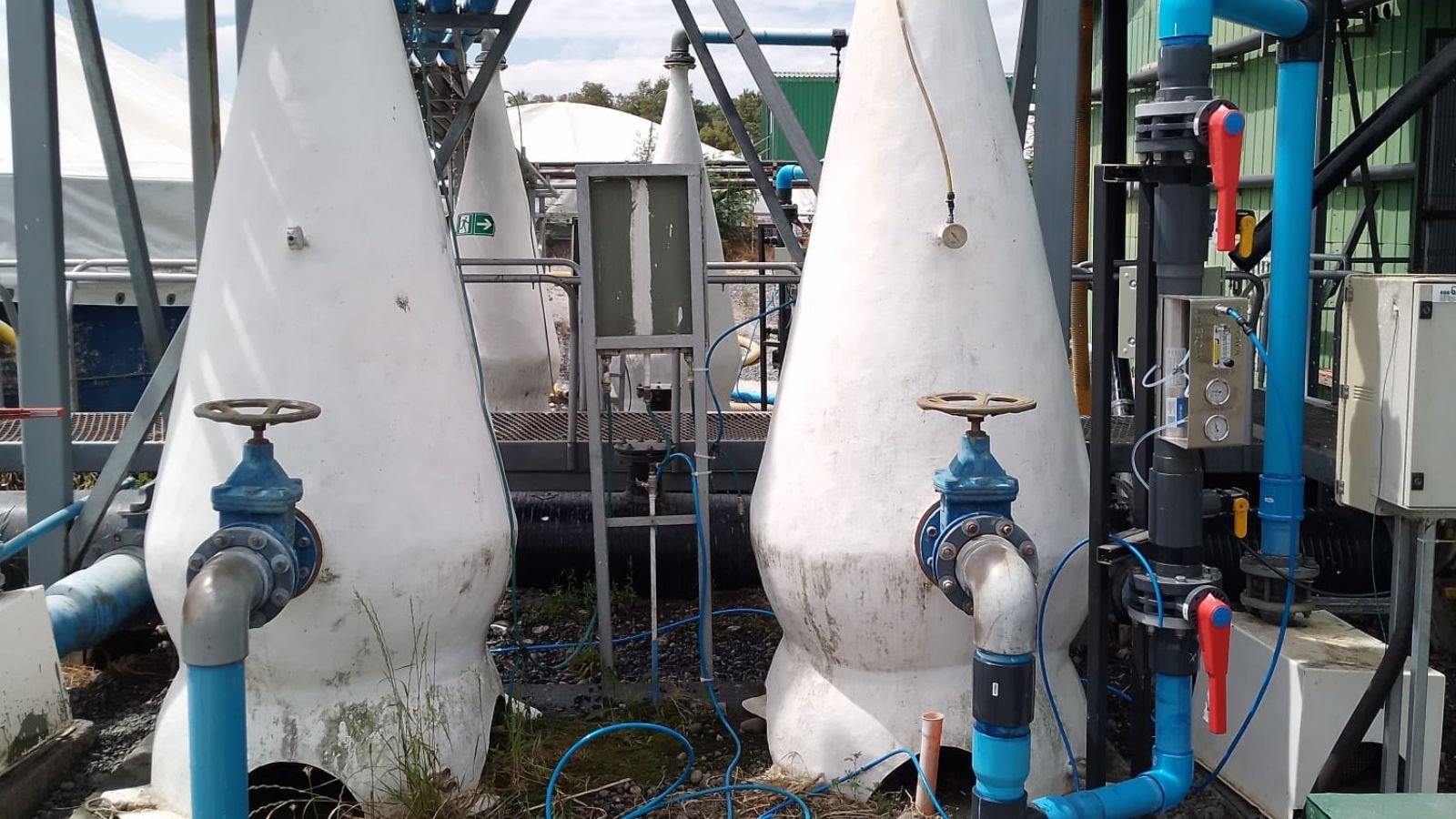With a 10-person Research and Development (R&D) team focused on advancing nanobubble science, Moleaer aspires to more than sales.
Just twenty years ago, nanobubble science was virtually nonexistent. Technologies to generate these nano-sized wonders — 2,500 times smaller than a grain of salt — were still far away, as were practical, impactful applications. The 2016 introduction of Moleaer’s patented nanobubble generation technology signaled change still underway.
Regarded as a category creator by many, Moleaer remains dedicated to advancing nanobubble science and unlocking the known and unknown powers nanobubbles and their applications hold.
As nanobubble technology has evolved, most industry research focused on viewing, measuring and studying basic nanobubble characteristics — critical work for something invisible to the unaided eye. Thankfully, methodology and equipment for that study are available. But at Moleaer, R&D doesn’t stop there.
Led by Sohail Akhter, Vice President of Research & Development since May 2022, the team continues to advance nanobubble science and technology far beyond where it is today.
“Some things have been established now. We know how they work; we know what effects nanobubbles can have. That is clear,” Sohail says. He points to yield enhancement in agriculture as one example. “But at the same time, there are things which are unknown, where we think we know the approximate science of how an application would work, yet we have to make more advancements to be able to understand.”

As he talks about varied applications such as food safety, home cleaning, or greenhouse biofilm and pathogen control, Sohail’s decades of experience and expertise are evident. So are the energy, excitement and wonder that fuel Moleaer nanobubble research.
Moleaer is Nurturing a Mindset of Innovation and Aspiration
With more than 2,400 nanobubble generator installations in more than 55 countries as of October 2023, Moleaer is the global leader in market penetration. But the company and its R&D team aspire to lead in innovation, too. Product Development Manager Christian Ference, with Moleaer since 2019, has watched R&D mature from a two-person team to the largest dedicated R&D team in the nanobubble generator industry.
Christian explains that early work focused on discovering and developing applications for Moleaer’s technology. “Early on, we were taking this concept of nanobubbles and seeing where it sticks and what that means for our customers in all different kinds of markets and applications,” he shares.
Today, the team’s work embraces everything from fundamental nanobubble science to ensuring Moleaer’s core technology remains the best, most efficient nanobubble generator on the market. This includes identifying, creating and perfecting nanobubble applications that will make a difference in individual lives and the world.
Sohail explains that, as a company, Moleaer’s collective mindset paves the way for innovation. “We think of ourselves as the flagbearers of nanobubble science,” he says. “We’re trying to find neat applications — new discoveries, new effects — which can then feed into various industrial applications.” On one hand is a global vision for advancing nanobubble science. On the other, he says, it’s “a lot of fun stuff.”

Christian emphasizes Moleaer’s unique position: “We’re bringing a novel, not only technology, but new field of science.” He acknowledges that may seem exaggerated, but it’s not. “It is very real when you get into the work and see just how challenging this concept of nanobubbles is — and then understand the magnitude of the impact they can have.”
Avenues for exploration can seem limitless. As Christian points out, nanobubbles can be generated in different ways, with different types of gases and liquids. What effects are possible or probable when Moleaer technology fuels those combinations? That question is at the heart of R&D.
Moleaer is Prioritizing a World of Possibility and Opportunity
Sohail and Christian agree that one of R&D’s biggest challenges is deciding which projects should top the list. Focusing both energy and funding is vital to maximizing contributions Moleaer technology may bring to the world. Ongoing achievements span diverse industries — from agriculture and horticulture to aquaculture, to surface water, wastewater and more. Yet so many more possibilities exist.
Despite tremendous progress in the last few years, Christian says it’s still “the first inning” of nanobubble commercialization and market growth. But the company’s trove of case studies, trials and testimonials across industry verticals continues to swell.

Sohail explains he prefers thinking of the company as a startup. “Your mindset as a startup is so exciting. We want to maintain that excitement. We want to maintain that energy,” he shares. As the company outgrows startup status, he believes its startup culture, spirit and mentality will endure.
Christian also sees R&D through a startup lens: “We expect our team to behave with that type of mentality where we’re able to take risks and explore — to figure out how much we can push the technology that we have and create value indifferent types of applications.”
Moleaer’s project intake process starts with the business structure and targeted industry verticals. Sohail explains the company’s focus on certain industries filters down to R&D and automatically focuses questions. In agriculture, for example, improved yield and crop quality, water savings, decarbonization or energy reduction may be foremost.Applied to growing environments, indoors and out, the unique properties of these “invisible” bubbles help water overcome compaction and infiltrate hydrophobic growing media. Paired with oxygen, Moleaer nanobubbles increase and sustain critical root zone oxygenation dramatically. They also scour irrigation lines, suppress biofilm, and discourage plant pathogens and algae. It all translates to better root development, enhanced nutrient uptake, increased yields, improved crop quality and more.
Timelines are highly market specific. One project might take two months; another could require two years' work. Sometimes product development is straightforward, but regulatory hurdles slow things down. “We have to look at product development holistically, not only considering the R&D piece, but how complex it is to bring that product and that value proposition to market,” Christian explains.
Along with priority channels driven by Moleaer’s industry vertical managers, Sohail says an “aspirational channel” also exists. Often energized by CEO Nick Dyner, these are projects born from big ideas and bigger questions, like “Can we do this with our technology? How could we do this? What if we did?” The R&D team has liberty to pursue these aspirational experiments as well.
Moleaer is Driving Success through Partnerships
Sohail stresses that Moleaer’s success lies not only in the “nuts and bolts” of business penetration, but in the knowledge behind nanobubble applications. While ideas come easy, Christian says, making applications real and repeatable through application-specific knowledge — and nailing it every time — is key. Demonstrated success is crucial to Moleaer’s goals.
Partnerships play a prominent role in Moleaer’s ability to validate its technology and lay foundations for new technology and applications yet unknown. From the company’s start, collaborations with university research partners and contract research firms worldwide have been integral to the work.
The most successful partnerships are formed when Moleaer comes to the table as the nanobubble experts, not only in nanobubble science but also with the nanobubble generating technology, and that knowledge is combined with application expertise of a partner in any given field Christian explains.
Strategic corporate partnerships are increasingly important. One example is an exclusive partnership with multinational chemical producer BASF, announced in November 2022. The collaboration combines Moleaer’s core technology and nanobubble expertise with BASF’s chemical and mining expertise to improve the efficiency and efficacy of copper extraction in existing mines — a process crucial to the electric revolution, transitions to renewable energy, electric vehicles and much more.
Sohail explains nanobubble generation isn’t a one-size-fits-all proposition. Customizing products for customers and applications has always been central to Moleaer’s success. “But now we are looking at applications in industries where the level of fit and format has to be drastically different, and so much of the effort is going into making this fit for specific applications,” he shares.

As the team pursues new applications for existing Moleaer technology, they also explore ways to advance or enhance its core tech and develop new methods and new core technology to fit these very specific “specialist applications.”
The company currently has nine patents, either completed or in progress. “That reflects the activity in not only protecting the core technology but making it suitable for a wide variety of applications,” Sohail adds.
Moleaer is Predicting and Transforming the Future
The greatest contribution of Moleaer nanobubble generation technology may come in an area still unexplored. Work continues in the varied industry verticals — but the vision behind R&D transcends the present.
Christian explains R&D’s focus on a deeper understanding of nanobubble science, technology and value helps Moleaer get ahead of the curve. “You begin to predict what value might be created,” he explains. “I think we hold that core to our philosophy here — trying to get ahead of that and understand what we can create.” Not every guess is correct, he says, but it’s extremely energizing when one is.
Moleaer’s investment in the R&D team, a differentiator in the market, is core to the success of customers excited by the vision. It’s part of what takes Moleaer from being an equipment provider to being a group that creates solutions and value worldwide. “Our customers can come to us and say, ‘How do I make this work? How do we make this real?’ And then we can partner with you strategically to achieve that vision and create a lot of value,” Christian says.
For many people intrigued by nanobubbles, sustainability drives their interest. “I think the way they can hook up is with this whole connection with climate, the connection with the environment, the connection with being chemical-free,” Sohail explains. “I used to work for an agrochemicals company before I joined Moleaer. It was all about increasing productivity with chemicals. Now when it comes to Moleaer, it’s exactly the opposite. It is increasing productivity without chemicals.”
Unlocking the full power and potential of Moleaer’s nanobubble technology is still a work in progress. Even though the exact mechanisms aren’t yet known, some of the impact of nanobubbles rests in their proven interactive relationship with dissolved gasses, such as oxygen in the case of plant health and growth. Gains from high, sustained levels of dissolved oxygen in irrigation water, made possible by nanobubbles, is one example. Improved fish health and growth in aquaculture is another.
But Sohail says there’s also proof — not just evidence — that nanobubbles can stand alone with direct impact on several processes that happen not only in agriculture, but other areas including cleaning applications, antimicrobial action and more.
“If you ask the question, ‘Are you really sure that nanobubbles have a magical property?’ The answer is yes, by themselves,” Sohail says. By virtue of their size, surface charge and other properties, nanobubbles stay suspended in liquid for months or longer, continuously interacting with their environment — and transforming it.
The secret to unlocking the power of Moleaer’s nanobubble technology may lie in that ability to transform. “There’s evidence, direct evidence, nanobubbles transform what’s around it,” Sohail says. “We know this transformative power is there.” The possibilities evoke wonder, as well as work. The door is wide open for advancing nanobubble science, and Moleaer R&D is there.